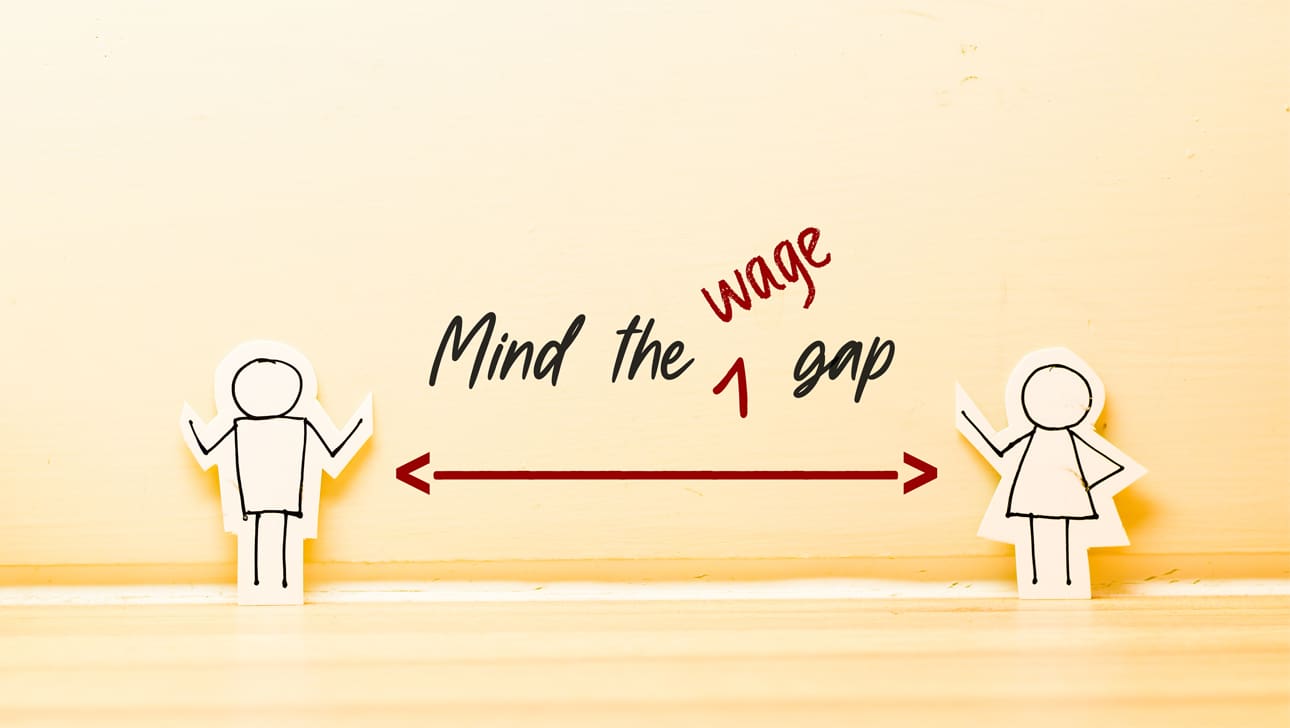Research & Insights
Closing the Gender Pay Gap – Thoughts on National Equal Pay Day

March 12 is Equal Pay Day for 2024*.
This date represents the number of additional days women work to make the same amount that men made by December 31, 2023. Of course this calculation is based on averages and there are many factors involved, but it still shows that there is much work to be done before we achieve pay parity.
FOR ALL WOMEN
EQUAL PAY DATES
* Although March 12 is the Equal Pay Day for all women, the equal pay days for different groups of women stretch all the way to November.
April 3 – Asian American, Native Hawaiian and Pacific Islander Women’s Equal Pay Day
June 13 – LGBTQIA+ Equal Pay Awareness Day
July 9 – Black Women’s Equal Pay Day
August 7 – Moms’ Equal Pay Day
August 28 – Native Hawaiian and Pacific Islander (NHPI) Women’s Equal Pay Day
October 3 – Latina Equal Pay Day
November 21 – Native Women’s Equal Pay Day
Deepen Your Awareness
One important step you can take is to deepen your awareness of the issue and then commit to taking action. Here are some suggestions:
How Organizations Work Towards Pay Equity
Through my work with Employers for Pay Equity, I’ve learned a lot about the steps organizations can take, including:
- Paying attention to starting pay and ensuring that compensation is based on a candidate or employee’s role, skills, abilities and experience
- Making sure employees feel free to openly ask and discuss wages without fear of retaliation
- Holding the organization accountable by conducting regular, comprehensive gender pay analyses across occupations
- Reviewing hiring and promotion processes to reduce unconscious bias and structural barriers
- Embedding equal pay efforts into broader enterprise-wide equity initiatives
How You Can Navigate Pay Equity For Yourself
If you suspect that your compensation may not be on par with your white male peers, the first step is to assess your organization’s commitment to pay equity and pay transparency. This will help you gauge the potential risks and rewards of moving forward.
If you feel that it is in your best interests to take action, here are some things you can consider:
- Investigating whether your organization engages in pay equity audits, and if so, asking if your compensation can be reviewed.
- Asking male colleagues in similar roles if they would be willing to share compensation data – if they aren’t comfortable sharing their personal salary, they may be willing to say what they think the compensation for a job like yours should be.
- Enlisting your manager in reviewing your compensation. You could start by establishing common ground that you both are committed to pay equity. Then ask if they would be willing to review your compensation to ensure equity with people in similar roles.
Negotiating When You Are Offered a New Job
Negotiating your compensation is particularly crucial when you step into a new role. If you find it challenging to negotiate for yourself, here are a few tips:
- Get as much information as possible about what the role should pay. Use your network and also be sure to ask the dominant group in your organization so you have a standard of legitimacy.
- If it feels selfish to negotiate for yourself, think about who would benefit if you negotiate a better compensation package. For example, will you be more able to take care of someone else? Will you be setting a precedent for the women who come behind you?
- Think about how you can enlist your new boss as an ally, rather than viewing the negotiation as you vs. them. How can you problem-solve together to get you fair compensation (which is in their interest as well as yours)?
- Prepare for objections. For example, what will you do if they say no – can you turn “no” into “not right now”?
- Practice, practice, practice! Get someone to role-play with you, and say the words out loud.
What’s your “why”?
Making the case for pay equity will be most successful if you can align it with a personal or organizational value.
 For me, that value is my personal belief in the importance of treating people equitably, which I’ve always attributed to being a twin. For you, it might be a commitment to “paying it forward”, or aligning with an organization’s core value of treating everyone with respect.
For me, that value is my personal belief in the importance of treating people equitably, which I’ve always attributed to being a twin. For you, it might be a commitment to “paying it forward”, or aligning with an organization’s core value of treating everyone with respect.
On this Equal Pay Day, we invite you to think about your “why” for taking action toward pay equity.




